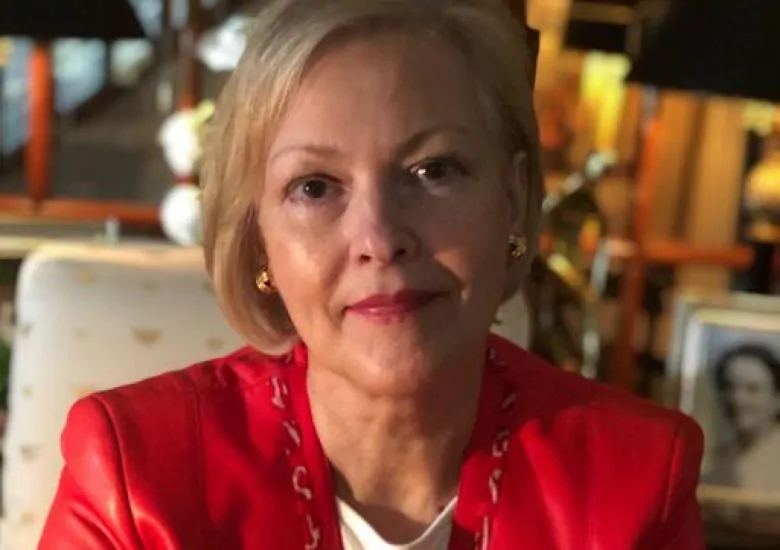Pharmacies across the country are now filling prescriptions monthly instead of once every three months, leaving some patients to pay three times the usual amount in dispensing fees.
It’s a change that’s meant to keep prescription drug hoarding and shortages at bay, but critics say it’s increasing the cost of medication for those who can least afford it.
Pharmacies across the country are now filling prescriptions monthly, instead of once every three months; but they’re still charging the same dispensing fees per prescription — leaving patients to pay the fees three times as often.
Dispensing fees can range from about $4 to $15 per prescription, depending on the pharmacy and what province a patient lives in.
“Seniors can have 10, maybe 15 prescriptions that they need to get filled at a time. It adds up terribly,” said Kathleen Finlay from the Center for Patient Protection, who fears seniors will start cutting pills in half or stop filling prescriptions all together.
She said the extra trips to the pharmacy also increase concerns about exposure to COVID-19, especially among vulnerable seniors.
“At a time where we’re reminded that seniors need to stay at home for their own protection,” she said.
Change aims to address shortages
The Canadian Pharmacists Association recommended the prescription change that’s now being implemented in pharmacies across the country.
It recommended the shift in order to protect the country’s medical supply chains and to stop possible shortages from happening as the coronavirus pandemic strains the health-care system, a spokesperson for the association said.

That’s a bitter pill to swallow for seniors like 66-year-old Ottawa resident Francois Giroux.
Giroux is on three types of blood pressure and cholesterol medication. In addition to the $100 annual fee he pays to be part of a provincial drug program, he will now have to pay about $25 in dispensing fees per month instead of every three months.
“For people who are on fixed income, it’s taking the money they need to buy milk and bread and food,” he said.
Kym Harris lives in the small community of Pender Harbour, B.C., where there is only one pharmacy.
Her job as a co-ordinator for a local health centre puts her into contact with many seniors in the community that has one of the hig

